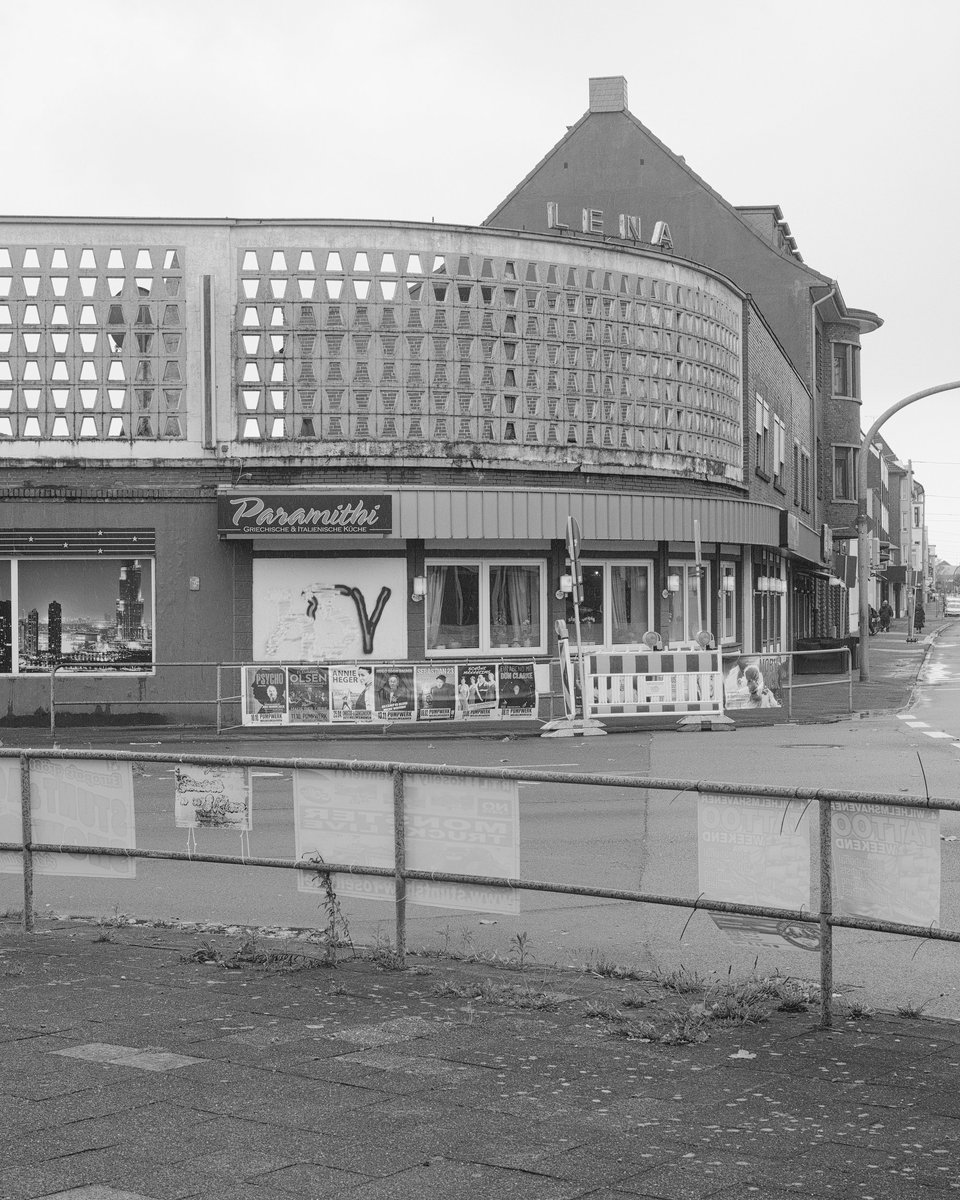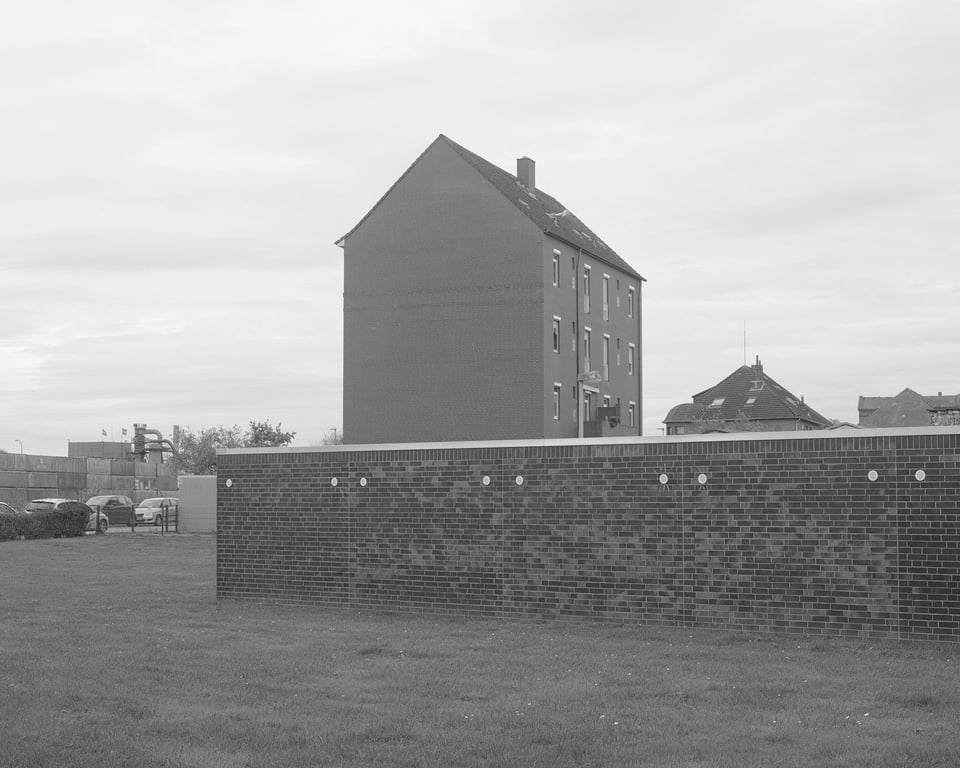Complicated Feelings
The 2025/2026 edition of my masterclass is scheduled to begin in a week. There still are spots available. If you have been thinking about joining, now is the time to be in touch! Also, feel free to be in touch with any questions you might have.

Two weeks ago, for the first time in about 25 years I traveled back to the place where I was born and grew up. I had been thinking about doing that for a while.
But then my father died, meaning that there would have to be no more ruminations (to say that we had been estranged would possibly be an understatement).
I wasn’t really prepared for what I encountered. How could I anyway?
And what good would this have been?
I brought my camera, wanting to take as many photographs as I possibly could. Which I did. And now I am working to shape the photographs — alongside some written thoughts — into something.
It can’t be a book because there is not enough material for it. And the form would not be right. Through its form alone, a book is resolved. Every book has a beginning and an ending. This story has neither.
I will share more about Complicated Feelings (that’s the title I picked, “stealing” it from an email a friend sent me) once things are more resolved than they are now.
But it’s so exciting to work on something in a creative fashion! I had missed the feeling, given that for a while I had felt very alienated from my own photography.
I think Germany has managed to convince the rest of the world that it is a much cooler and more modern place than it actually is. When I was still on Instagram, I would follow some artists who had moved there complaining about the fact that Germany was acting, well, just like Germany, the kind of place where often, things can’t be done because of the vast bureaucracy governing every aspect of people’s lives and a general lack of pragmatism.
So when I read Ai Weiwei’s What I Wish I Had Known About Germany Earlier, part of me thought that if something looks too good to be true, it probably is. He does have a point here and there. But there also is a pretty stunning thread of naivete running through it all — not to mention the fortune-cookie quality of some of the ideas. That quality runs through his art (you can tell that I’m not a fan). But I think when it comes out so clearly (the written word can be very revealing), it’s still a bit of a shock.
Speaking of bad art, Anna Hogeland wrote about what needs to be plastered onto the walls of every studio: “there is no good art without bad art, and there is no artist who only creates good art—we just only see the good art”.
“Nearly every day, now,” she writes, “I try to make a quick bad drawing, a bad painting, a bad collage, to shift into creative mode, to feel inhibition, the reminder that the stakes are only what I make them, and I keep them on the floor.”
I like the idea even as I personally would not express it that way. The important thing is to make something. I would not go into it thinking that it’s bad, and I personally would not set out to make something bad. I would just make something.
But possibly that’s just nitpicking ways to express the general idea.
Make something!
You can’t be an artist if you don’t make anything.
Honestly “good” and “bad” are not useful categories to use when considering art. They’re usually ciphers that attempt to hide something else (and that “something else” can be a lot of different things).
I found a short video about Jem Southam’s work. I can’t embed it here so you need to click on the link to watch it. It’s well worth your time.
Jem is a photographer who still should be more widely known. He taught me a lot about how to see the land (as in: landscape).
“We are a small country with a unique language spoken by barely four million people,” writes Akvilė Kavaliauskaitė, “and with an immense curiosity about the world.”
I’ve often wondered what that’s like, to grow up with a language not spoken by many other people, a language that probably not many people associate with anything other than a locale.
It would be hard to find another nation as proud and serious about its language. In Lithuania, one misspelled word can turn a politician into a clown, and a misplaced comma can be enough to cancel a date. Many of us would say that our language is something that must be preserved and fought for. However, I often hear people saying, “Oh, if only that book, or song, or movie were in English, it would be a bestseller, a hit, a blockbuster.”
I think we can all agree that the internet sucks. But might there be a way out? And what might this look like? Here’s an interview with Cory Doctorow who just wrote a book about Enshittification.

Well, this is the end of another email. As you might be able to imagine, things have been a bit confusing at this end. But I’m slowly regaining my footing.
As always, I’m grateful for your time, and thank you for the occasional response. I really appreciate both.
— Jörg